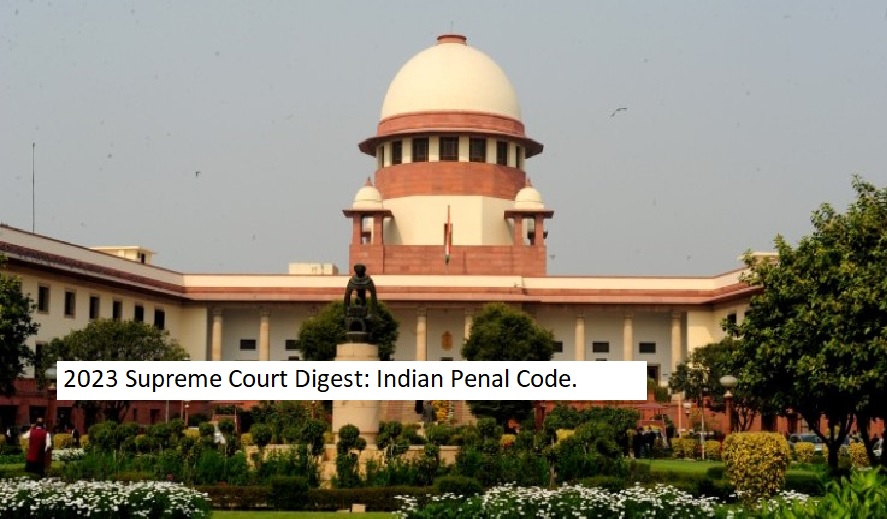


In matters pertaining to the Penal Code of 1860, a significant legal perspective has been elucidated by the Constitutional Courts. The specific context revolves around the authority of these courts to impose a fixed-term sentence, even in cases where the death penalty is neither imposed nor proposed.
The foundational principle underpinning this legal interpretation is the recognition that the Constitutional Courts possess the prerogative to exercise their powers judiciously. Even when the gravest punishment of capital punishment is not on the table, the Constitutional Courts retain the ability to intervene and shape the sentencing outcomes. This is particularly underscored by the possibility of imposing a modified or fixed-term sentence.
The key legal provision invoked in this context is found in Section 53 of the Indian Penal Code of 1860. Section 53 delineates the various categories of punishments that may be imposed, and notably, under its "secondly" clause, it references a life sentence. The interpretation put forth by the Constitutional Courts hinges on this specific clause, asserting that even when death penalty is not proposed, the Courts can still exercise their authority to prescribe a sentence, and in this instance, a life sentence.
The rationale behind this legal stance lies in the inherent powers vested in the Constitutional Courts to ensure justice is served comprehensively. It implies a broader view of the judicial role, extending beyond a mere binary consideration of death penalty versus acquittal. The Courts, in this interpretation, are positioned as arbiters of proportionality and fairness in sentencing.
The phrase "modified or fixed-term sentence" encapsulates the flexibility that Constitutional Courts have in tailoring punishments to the circumstances of each case. This discretion is not tethered solely to the presence or absence of a death penalty proposition. Instead, it reflects a nuanced approach wherein the Courts can opt for a modified sentencing regime, considering factors such as the nature of the crime, the culpability of the offender, and the overall interests of justice.
It is imperative to acknowledge that this legal perspective aligns with evolving global norms on sentencing and human rights. The movement towards recognizing the dignity of the individual, even in the face of serious criminal offenses, has prompted legal systems worldwide to reconsider punitive measures. The approach of Constitutional Courts in asserting their authority to impose fixed-term sentences aligns with this global trend by providing a mechanism for proportional punishment that avoids the extremity of the death penalty.
This legal interpretation is not without its share of debates and discussions. Some argue that such discretionary powers should be carefully circumscribed to prevent arbitrary or inconsistent sentencing. Striking the right balance between judicial discretion and the need for clear legal standards is an ongoing challenge that legal systems grapple with.
In conclusion, the assertion by Constitutional Courts that they can impose a fixed-term sentence even in cases where the death penalty is not proposed reflects a nuanced understanding of their role in the justice system. It emphasizes the need for a comprehensive and proportionate approach to sentencing, acknowledging the complexities inherent in criminal cases. As legal systems continue to evolve, discussions around the scope and limits of judicial discretion in sentencing will undoubtedly remain a focal point of legal discourse.
TAGS: Human rights Global norms Dignity Culpability Justice system Legal interpretation Judicial role